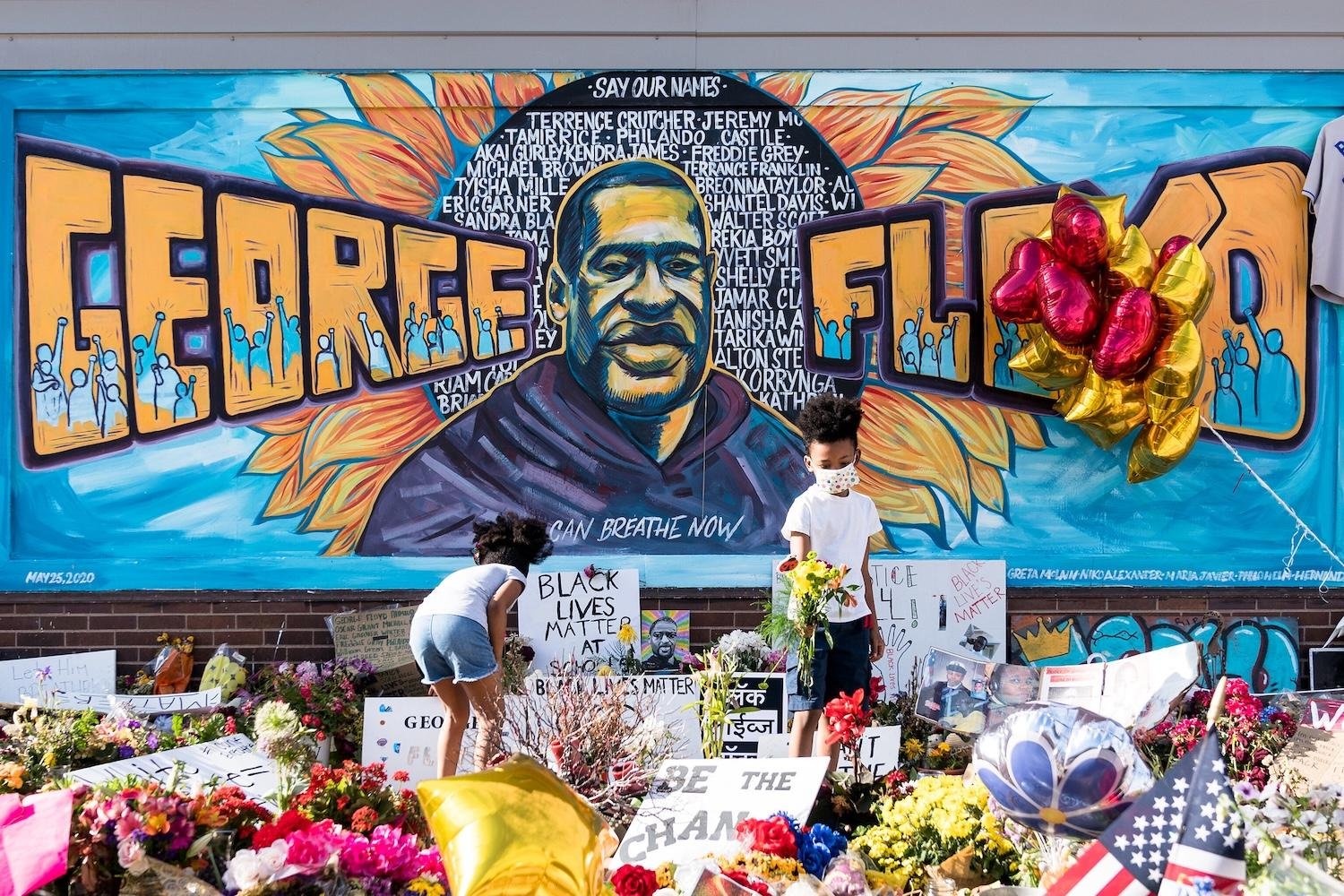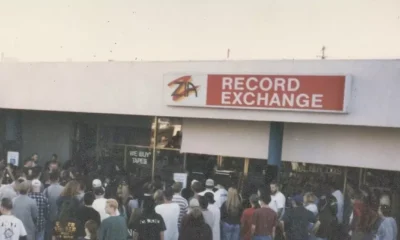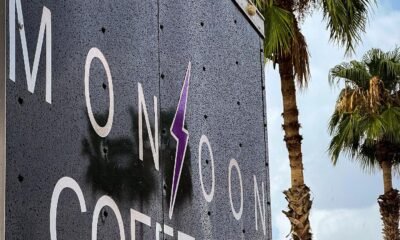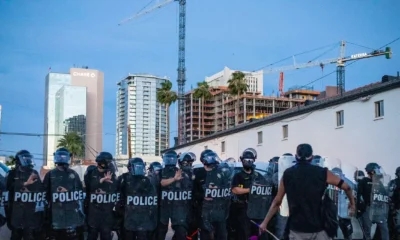crime
Five Years On: Activists Claim George Floyd’s Legacy for Change Still Lacks Impact

This story was originally reported by The 19th.
The fifth anniversary of George Floyd’s death approaches, marked as a pivotal moment in the global discourse on police brutality and racial equity. This anniversary evokes memories of a heightened awareness that many believed would lead to lasting reforms. However, current sentiments reveal a stark contrast, as many Americans feel that the initial momentum has since faded.
A recent Pew Research Center study, published on May 7, shows that while 52 percent of U.S. adults in 2020 felt a greater focus on racial issues would bring about tangible change, by 2025, that confidence had diminished significantly. Seventy-two percent of respondents now claim that the increased discourse around racial inequality has not led to improvements for the Black community. Additionally, 67 percent of Black Americans express doubts about achieving true racial equality, maintaining similar sentiments as in 2020.
Activists and community leaders reflect on the events since Floyd’s death, contemplating the path forward. Alaunna Thompson, a high school student from Montville, N.J., recalls being inspired to organize local protests following Floyd’s murder and the surrounding injustices. Thompson described her feelings of sadness and anger amidst ongoing racial violence, emphasizing that this moment for awareness was different.
“People are more comfortable holding police officers accountable now,” Thompson said. “It’s not just about police brutality; it’s about murder.” She noted that while there has been no systemic change since Floyd’s death, the conversation around accountability has evolved.
Angela Ferrell-Zabala, executive director of Moms Demand Action in Washington, D.C., connects Floyd’s death to the ongoing violence against Black and Brown individuals. She feels a deep emotional burden borne from decades of trauma and maintains that Black communities are disproportionately affected by gun violence. Ferrell-Zabala criticizes the rollback of inclusive programs, stating, “It feels like intentional cruelty.”
In North Carolina, Destine Riggins reflected on her experiences photographing protests in 2020. Initially filled with hope for change, she now confronts a sense of despair, asserting, “I feel like we’re in a worse scenario right now.” Riggins sees each incident of police violence as another blow to the Black community and expresses a need for mutual support amongst her peers.
Queue Wellington, a leader in the West Jefferson protests, emphasizes that the effects of police brutality extend beyond race, affecting society as a whole. They express cautious optimism, noting that awareness among white community members has increased, even as some efforts falter.
Monica Simpson, executive director of SisterSong, reflected on the challenges faced in 2020, citing the dual pressures of racial injustices and the COVID-19 pandemic. She stressed the importance of solidarity within the Black community and the need for collective joy amidst adversity, saying, “Our joy has to be non-negotiable.”
As the anniversary of George Floyd’s death nears, the reflections of activists underscore the persistent struggle for equality, demanding continued advocacy and solidarity within marginalized communities.


















